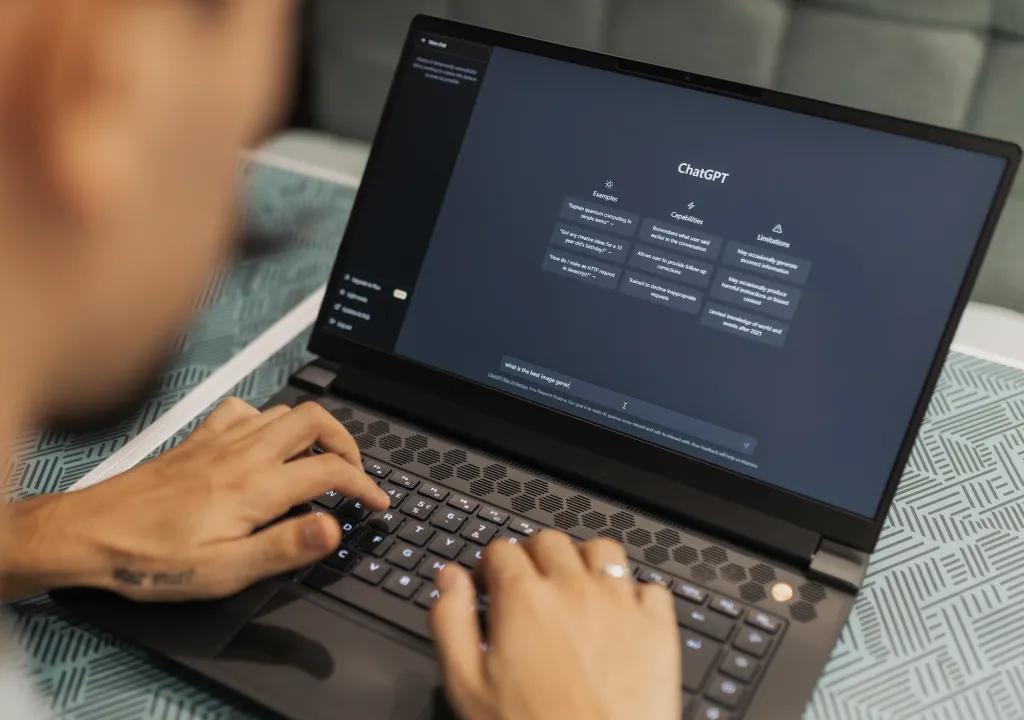Navigating the ChatGPT Landscape in Education: Empowerment vs. Dependence
Technology's Impact on Education
The rapidly evolving world of technology has led to remarkable advancements in the field of education. From the ease of Google searches to the accessibility of Massive Open Online Courses (MOOCs), it seems that technology has disrupted traditional educational models, opening new doors and presenting challenges for educators, policymakers, and students alike every few years. One development generating both excitement and concern within educational communities today is the emergence of ChatGPT technology, prompting crucial discussions on campuses and in the media about its potential impact on teaching and learning.
Analyzing Media Coverage of ChatGPT's Role
In a recent study conducted for a Tokyo conference, the author and a colleague at the Open University of Japan analyzed media coverage of ChatGPT and its relation to the field of education. The discussion surrounding this area has been multifaceted and complex. Their analysis revealed that coverage generally emphasized the potential benefits of ChatGPT in education, such as personalized learning and improved assessment processes. However, there were also many valid concerns and critiques surrounding the technology's use, including ethical issues such as plagiarism and privacy, as well as worries around accuracy, AI bias, and the potential impact of AI on society.
ChatGPT as a Tool and Potential Pitfalls
ChatGPT technology may serve as a powerful tool for motivating students, helping them learn more effectively and efficiently. For these students, ChatGPT can provide personalized feedback, support, and supplementary resources, enhancing their overall educational experience. However, a potential downside to this technology is its misuse by students who rely too heavily on it as a "cognitive crutch." In such cases, students might become overly dependent on AI assistance, undermining their own learning process and critical thinking skills.<.p>
The Role of the Lecturer
The role of the lecturer is crucial in determining whether ChatGPT technology is used effectively or becomes a crutch for students. A skilled and dedicated lecturer can harness the power of ChatGPT to supplement their teaching methods, providing students with additional support and resources while still encouraging them to think independently and critically. However, in situations where students may not have access to quality education or strong teacher guidance, the use of ChatGPT could exacerbate existing educational disparities and encourage a culture of dependence on AI.
Cautionary Tales from Science Fiction
The potential of technology to automate and enhance the learning experience has been explored in science fiction for decades. For Star Trek fans, two episodes serve as cautionary tales about the dangers of relying too heavily on technology and automation in education and other aspects of society. In "When The Bough Breaks," the Aldeans' overreliance on automation leads to the deterioration of their society as they lose the knowledge and skills needed to maintain and innovate their technology, illustrating the potential risks of excessive dependence on technological advancements. "The Masterpiece Society" showcased a highly structured environment where predetermined roles stifled innovation and individuality, again indicating the potential dangers of over-relying on technology and controlled systems to shape education and society.
Strategies for Responsible Use
To address the potential misuse of ChatGPT technology in education, it is essential for educators, policymakers, and technologists to collaboratively develop strategies and best practices that encourage responsible use. This may involve creating guidelines for AI usage in the classroom, offering professional development for educators on how to effectively integrate AI into their teaching methods, and fostering a culture of accountability among students. For instance, at Sunway University, the Academic Enhancement Division has been offering numerous workshops and seminars surrounding ChatGPT to provide educators with the necessary knowledge and skills. Furthermore, lecturers may consider actively engaging students in discussions about the role of AI in their lives, nurturing a generation of informed and responsible digital citizens.
Balancing AI Assistance with Human Interaction
The emergence of ChatGPT technology has brought both excitement and concern to the field of education, but it’s not the first nor will it be the last technology to do so. The key to unlocking its full potential while minimizing the risks lies in striking a balance between AI assistance and human interaction, guided by the expertise of skilled educators. By doing so, one can ensure that technology is used in a way that enhances the learning outcomes and promotes the personal growth of students while avoiding a culture of dependence. By thoughtfully combining technology with a human touch, students can be better equipped to develop essential skills and understanding, ultimately preparing them to face real-world challenges and make meaningful contributions to society.
Professor Dr Bradley Freeman
School of Arts
Email: @email




